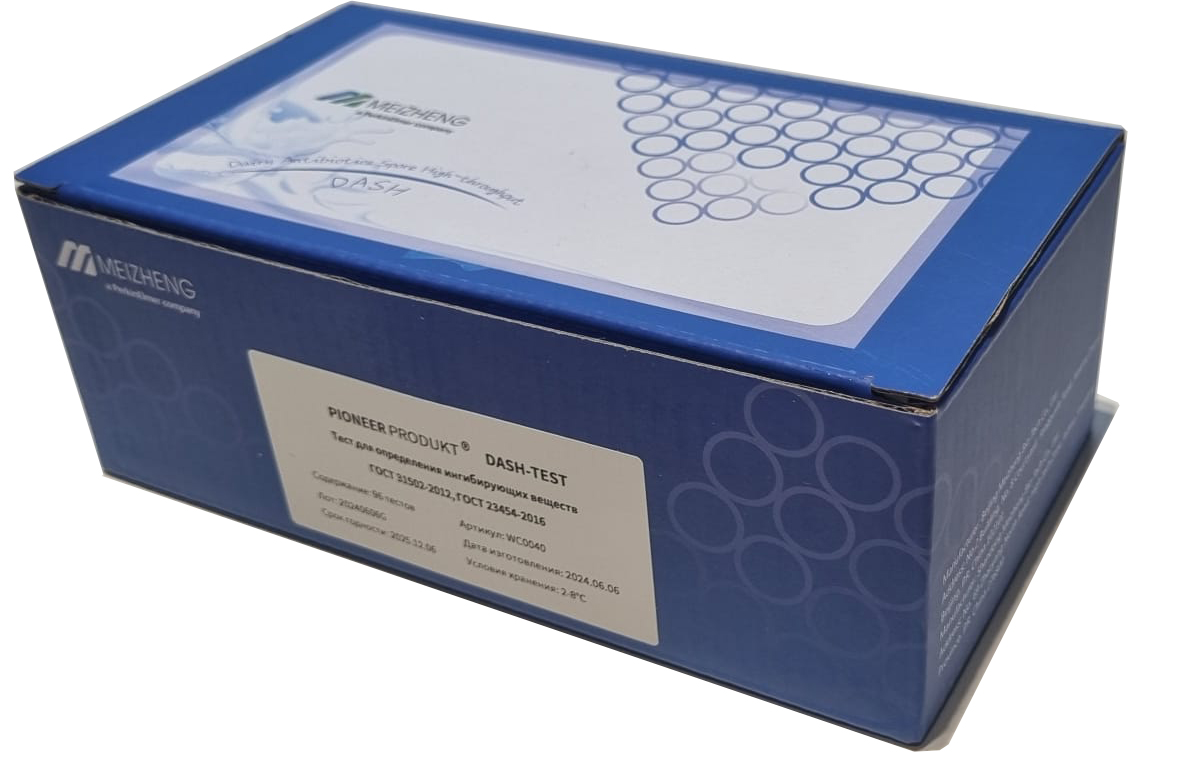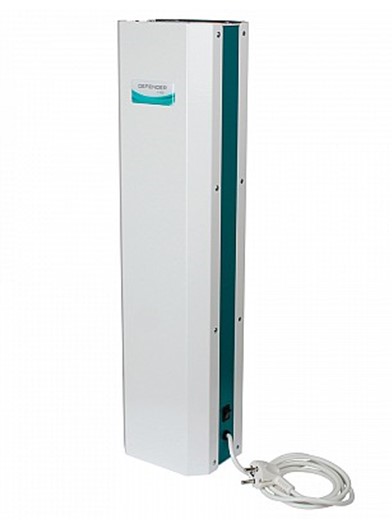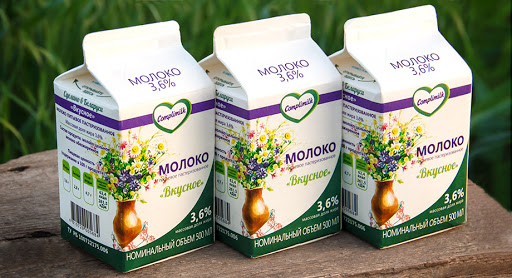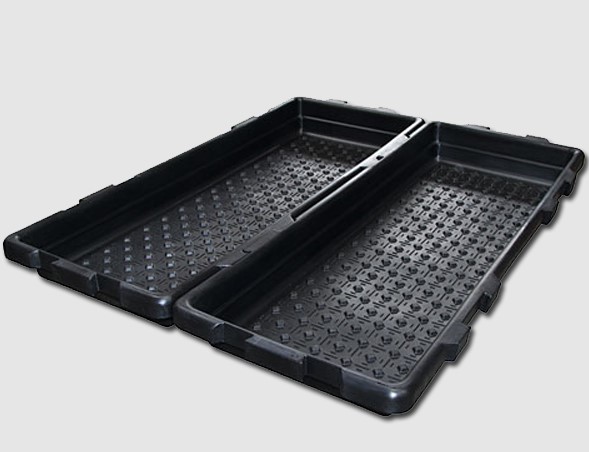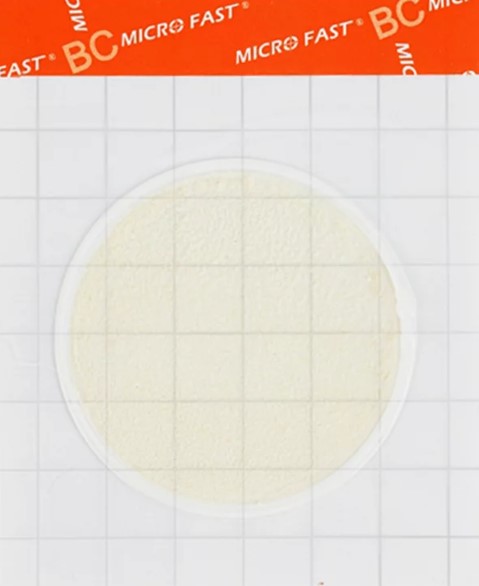The ninth package of EU sanctions. What is important to know
On December 16, the Council of the European Union approved a new sanctions package against Russia. “The sanctions are aimed at the Kremlin. Their goal is to weaken the ability of the Russian government to finance aggression against Ukraine. The sanctions are calibrated in such a way as to minimize the negative consequences for the Russian population,” the European Commission said. In her opinion, sanctions are proving their effectiveness by hindering Russia's ability to produce new weapons and repair old ones.
The Permanent Mission of Russia to the EU called the new package of sanctions illegitimate, emphasizing that the goal pursued by the European Union is to put pressure on sovereign states, and the restrictions imposed contradict the system of international financial and trade relations. In turn, the official representative of the Russian Foreign Ministry, Maria Zakharova, noted that the new package of EU sanctions would cause socio-economic problems in the EU itself.
New personal sanctions
About 200 people and organizations, including three deputy prime ministers and nine ministers, officers of the Main Computing Center of the Armed Forces, governors, deputies, were included in the sanctions list, which involves a ban on European companies and citizens from doing business with its defendants and freezing possible European assets of the list participants. State Dumas and members of the Federation Council, the Armed Forces of the Russian Federation, a number of developers and manufacturers of combat systems.
Explaining the listing of Deputy Prime Minister Victoria Abramchenko, the Council of the EU indicated that she "exercised control over attempts to divert grain from Ukraine without the consent of Ukraine." Deputy Prime Minister Tatyana Golikova, according to the EU, "approved the decisions of the Russian government on mobilization" and is ultimately responsible for the introduction of the Russian education system in the new territories. Another deputy chairman of the government, Alexei Overchuk, was named by the EU as “responsible for providing budgetary support to Belarus,” which, in turn, supports Russia’s military actions in Ukraine.
VGTRK, the National Media Group, ANO TV-Novosti (RT channel), a number of Russian military-industrial enterprises (KB Tochmash, Ural Automobile Plant, Votkinsk Plant, Kazan Optical and Mechanical Plant, etc.) also fell under blocking sanctions. .d.), the political parties of the Communist Party of the Russian Federation, A Just Russia - Patriots - For Truth, the Liberal Democratic Party, New People, United Russia and two banks - the Moscow Credit Bank (MKB) and the Far East Bank.
Sanctions against banks
Read on RBC Pro Which Russian stocks to invest in 2023: analysts' advice Which Chinese sports brands can replace the departed Western ones "I have never come across complete idiots": what it's like to work at Adobe Can't sleep:what methods of combating insomnia are more effective than drugsBefore that, the IBC fell under US sectoral sanctions (a ban on the provision of debt and equity financing), under UK blocking sanctions, and the European Union disconnected it from the SWIFT financial messaging system in June.
The European counterparties of MKB and Far Eastern Bank have been given a relatively long period to close correspondent relations and transactions with these banks - until June 17, 2023. Also MKB and Far East Bank, like other Russian banks, are allowed to participate in the financing and servicing of international trade in fertilizers and agricultural commodities.
Another Russian bank, the All-Russian Bank for Regional Development (RRDB), joined another list of the European Union: it includes Russian organizations with which Europeans are prohibited from any transactions (it is slightly softer than the main sanctions list, since it does not imply freezing the assets of these structures). The same list already includes Rosneft, which says on its website that it owns 98.3% of RRDB shares. Blocking EU sanctions usually apply to the entire chain of subsidiaries, but there is no such rule for sanctions in the form of a prohibition on transactions - the ban applies only to the company directly listed. For the RRDB, the ban on transactions with Europeans will come into force in March: until March 18, 2023, transactions under contracts concluded before December 17 are allowed.
The United States imposed sanctions against Potanin,Interros and Rosbank Politics
Investment in mining
The EU has decided, in addition to the existing ban on new investments in the Russian energy sector, to ban new investments in the mining industry (including loans). Here, however, very broad exceptions to the prohibition are introduced, covering "certain critical raw materials." New investments for Europeans will be possible in projects aimed at the extraction or production of bauxite and aluminum, chromium, cobalt, copper, iron ore, mineral fertilizers (including phosphate rock and potassium), molybdenum, nickel, palladium, rhodium, scandium, titanium, vanadium and rare earth elements.
Earlier, the European Union excluded Russian titanium, aluminum, copper, nickel, palladium and iron ore from import and transport sanctions.
In fact, the extraction of lead, zinc, tungsten, gold, silver, diamonds and other precious stones and building materials fall under the ban on new European investments. Previously, investments in Russian oil , gas and coal production have already been banned.
Dual purpose technologies
The EU expanded the ban on the supply of dual-use goods and “advanced” technologies to Russia, adding reciprocating engines, rotary internal combustion engines and electric motors to the list - all for use in aircraft, including unmanned aerial vehicles (UAVs), helicopters, hybrid aircraft (electric), radio-controlled models. At the same time, from January 16, 2023, aircraft engines and spare parts for internal combustion aircraft engines that are not included in the range of dual-use goods are prohibited from supplying to Russia (deliveries under existing contracts are possible until January 16).
In addition to drone engines, the list of dual-use items banned from delivery to Russia includes electronic components “found in combat areas in Ukraine,” according to the European Commission, as well as camouflage awnings, tents, nets and clothing.
The European Commission says the sanctions also ban the EXPORT of UAV engines to third countries, including Iran, if there is a risk of being re-exported to Russia for military purposes. In general, according to EU regulations, European companies are required to ensure that the re-export of dual-use goods to Russia is not allowed - for example, through conditions in contracts for penalties for such shipments or checks to see if the equipment continues to be in the country of the buyer.
There are exceptions to the embargo on the export of dual-use technologies according to the list: deliveries to Russia are possible if the recipient is a non-military user, for civilian purposes, such as humanitarian purposes, emergency prevention, medical, pharmaceutical purposes, the use of consumer communication devices, etc. For convenience compliance with the embargo, the EU authorities maintain a list of Russian enterprises and organizations associated with the military-industrial sector, which definitely cannot be supplied with the dual-use technologies listed in the list: now 168 more items have been added to it (including the Central Institute of Aviation Motors, NRC Institute named after N. E. Zhukovsky, Remdiesel, Metallist-Samara, Moscow Aviation Institute, Rosstandart, Shvabe holding, Angstrem, etc.),so there are now 410 enterprises and organizations on this list.
The eighth package of EU sanctions against Russia.What is important to know Economics
Ban on the export of laptops, toys with a motor
The EU has separately imposed a ban on the sale to Russia of goods that can help “improve its industrial capabilities” (for example, PVC, paints and varnishes, paper and cardboard, latex, electric batteries, various machines, and much more). This list has now been expanded to include laptops, storage devices, movie cameras, camera lenses, spark-ignition piston engine generator sets, remote control radios, and toys and models with built-in motors. These goods can only be imported until January 16 under existing contracts.
In 2021, EU countries exported to Russia laptops, hard drives, data processing units (this is only a part of what fell under the embargo) for $1.5 billion. However, in 2022, due to sanctions risks and uncertainty and the departure of many European suppliers, exports of these products to Russia fell to a symbolic $5 million per month (according to data for August, there are no more recent data).
In the new sanctions package, the European authorities also introduced relief: baking ovens, food heating machines, and equipment for the production of bakery products, which previously fell under the embargo, can be supplied for personal use in Russian households.
In general, imports of goods from Europe to Russia decreased to $4.16 billion in September 2022 compared to $9.1 billion in September 2021. Including shipments of electrical equipment (including semiconductors) for the same period fell to $200 million compared to $650 million in September last year, according to data from the think tank Bruegel.
Product Testing Services and Surveys
Embargo on deliveries to Russia and Russian legal entities of European services (previously affected architectural and engineering services) expanded to advertising, market research, opinion polls, and product testing services (this includes testing and analysis of physical properties, mechanical and electrical systems) and technical inspections. It is allowed to complete the provision of these services under existing contracts until January 16, 2023.
In Russia, marketing and sociological research, for example, was carried out by the European groups GfK and Ipsos.
Relaxation for the export of Russian fertilizers
The European Union allowed Russian sanctioned persons who, prior to their falling under sanctions, played a “significant role” in the international trade in food and fertilizers, to use the funds or assets unfrozen as an exception, if such resources are necessary to ensure the supply of Russian agricultural products and fertilizers to third countries. Such unfreezing will be possible in individual cases and for each individual transaction for the supply of fertilizers or food, upon the decision of the competent authorities of the EU country that has frozen the funds. Moreover, the country will be obliged to inform the rest of the EU members about such a decision within two weeks.
The issue of such relaxation was a stumbling block in the negotiations of European countries (Lithuania and Poland opposed). The largest Russian fertilizer producers - PhosAgro, Akron, Eurochem, Uralchem, as well as the agricultural producer Rusagro - were previously owned or controlled by businessmen who fell under European sanctions (Andrey Guryev, Vyacheslav Kantor, Andrey Melnichenko, Dmitry Mazepin , Vadim Moshkovich). In order not to expose the companies to the risk of sanctions, they reduced their shares in them below 50% or completely left the capital, left their leadership positions. In a number of cases (for example, Akron), companies provided guarantees that the sanctioned entrepreneur would not receive any money or economic resources from them. However, European counterparties (insurers, port operators,
The UN called for lifting restrictions on the export of grain and fertilizers from Russia Politics
According to the UN foreign trade database, the statistical authorities of CHINA , India, the United States, in 2022, Russian fertilizer exporters increased their sales revenues around the world by several times. Thus, Brazil’s imports of Russian fertilizers in monetary terms increased 2.5 times in January-August 2022 compared to the same period a year earlier, to almost $4.9 billion. Imports to India in January-October increased by 578%, to $2.2 billion (a year earlier - only $325 million). Deliveries to the United States over the same period increased by 41% to $1.36 billion. At the same time, export earnings increased due to the growth of world prices for fertilizers, while physical volumes could not grow. For example, in January-October, the import of Russian fertilizers to Chinadecreased to 1.88 million tons compared to 2.38 million tons for the same period in 2021, follows from the data of the General Administration of Customs of China.
Other
Bulgaria, Slovakia and Hungary were allowed to export to Ukraine “as a sign of solidarity” certain petroleum products (diesel fuel, aviation fuel, etc.) produced from Russian crude oil, which these EU countries are allowed to import as an exception to the European embargo. Bulgaria is also allowed to export to any country certain oil products from Russian oil within the established quota and on the condition that the safe storage of these products on the territory of Bulgaria cannot be guaranteed. The EU notes that gas condensate produced at Russian LNG plants is excluded from the oil embargo, but in order to avoid illegal circumvention of sanctions, an obligation is introduced for European gas condensate importers from Russia to notify regulators of such transactions, including purchased volumes. Europeans are now prohibited from holding positions in any Russian state-owned companies (including those controlled by the Bank of Russia), previously this ban only applied to 13 companies from the list (UAC, Rosneft, Transneft, Gazprom Neft, etc.). But exceptions can be made for companies providing "critical energy supplies" to Europe (presumably such as Gazprom) or oil transit from third countries (presumably Transneft).

